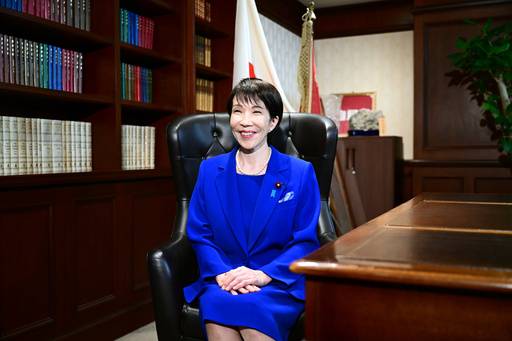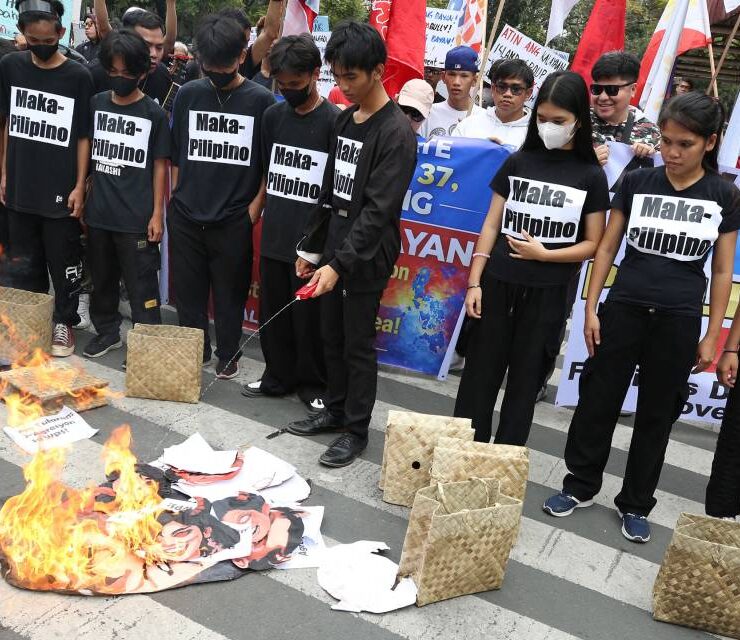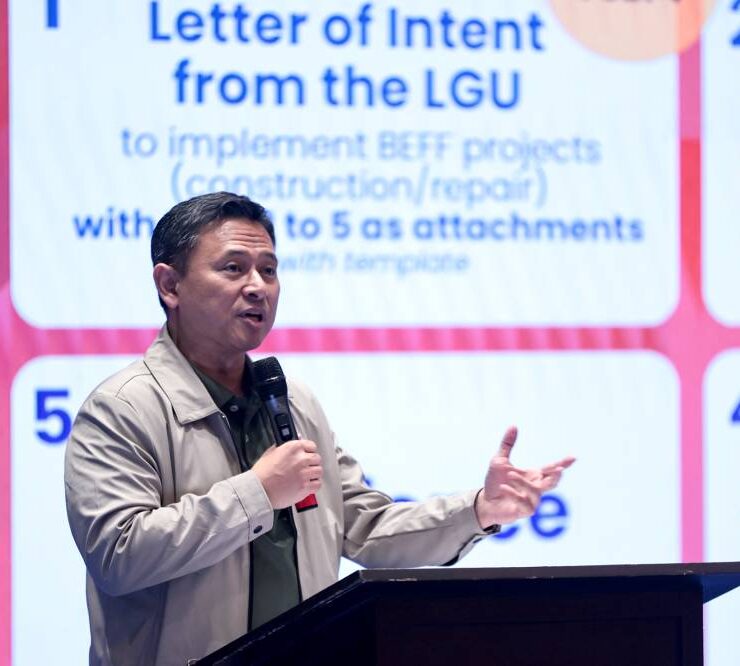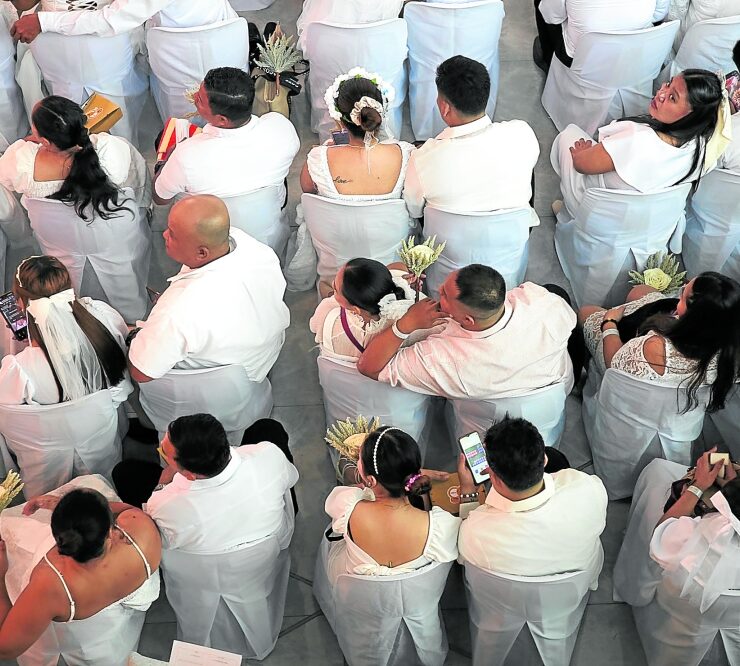US, China voice hope over Takaichi’s election

The United States and China both looked forward to working with Japan following the election of Sanae Takaichi as the leader of the ruling Liberal Democratic Party (LDP) and probable first female prime minister of the country.
“We look forward to continuing to work with Japan to advance United States and mutual security and economic interests,” a US Department State spokesperson said, adding that the bilateral alliance is “the cornerstone of peace, security and prosperity in the Indo-Pacific and across the world and has never been stronger.”
US Ambassador to Japan George Glass congratulated Takaichi on becoming the LDPs first female leader. He wrote in an X (formerly Twitter) post, “I look forward to working with her to strengthen and grow the (US-Japan) partnership on every front.”
Takaichi, 64, a former economic security minister, won the party’s presidential election in a runoff on Saturday. She is set to become Japan’s first female prime minister, replacing Shigeru Ishiba, after a parliament vote on Oct. 15.
Takaichi’s election comes weeks before US President Donald Trump is scheduled to leave for his first Asia trip since returning to office in January.
Trump is planning to visit Malaysia, Japan and South Korea in late October. After traveling to Kuala Lumpur, where this year’s meetings of the Association of Southeast Asian Nations and its partners will be held, Trump is likely to arrive in Tokyo around Oct. 27 and hold talks with Japan’s new prime minister.
Also on Saturday, China expressed hope that Japan would honor its political commitments on major issues such as history and Taiwan with Takaichi’s election.
‘Positive, rational policy’
The Chinese foreign ministry said in a statement to Kyodo News that Beijing wants Tokyo to “pursue a positive and rational policy toward China” and promote a strategic and mutually beneficial relationship. Takaichi’s victory in the LDP race paved the way for her to become Japan’s first female prime minister.
Specifically, Beijing urged Tokyo to abide by four bilateral political documents, including a 1972 joint communique in which Japan said it “fully understands and respects” China’s position that Taiwan is an inalienable part of its territory.
Meanwhile, Taiwan President Lai Ching-te extended his “warmest congratulations” to Takaichi for her victory in the LDP leadership election, saying in his post on X that she is “a staunch friend” of the self-ruled island claimed by Beijing.
Lai also called for deeper cooperation between Tokyo and Taipei to ensure security and stability of the Indo-Pacific region.
Taiwan’s foreign ministry noted that Takaichi visited the democratic island in April to exchange views with Lai, and other officials and expressed appreciation over the LDP’s support for the territory’s participation in global affairs.
A Chinese government source voiced concern about Takaichi’s multiple meetings with Taiwanese officials and her visits to the controversial war-linked Yasukuni shrine in Tokyo, while Chinese media labeled her a right-wing nationalist.
China staged a large military parade in September to mark the 80th anniversary of its victory in the war against Japan. Beijing is expected to watch Takaichi’s words and actions closely, especially regarding Taiwan and regional security.
Upcoming summits
Diplomatic focus is shifting to upcoming summits later this year, but whether a Japan-China summit can be arranged on such occasions remains uncertain, reflecting lingering suspicion over Takaichi’s position on issues Beijing views as sensitive.
Xinhua News Agency introduced Takaichi as an advocate of a more proactive fiscal policy and a hike in defense spending. It has also been reported that she drew criticism for remarks about foreign tourists allegedly “kicking deer” in Nara Park, one of Japan’s most popular tourist sites, which opponents condemned as inappropriate.
On Weibo, China’s equivalent of X, many people voiced wariness about the future of Sino-Japanese relations, saying they could become “extremely tense,” citing Takaichi’s meeting with Lai and visits to the Yasukuni shrine, which honors convicted war criminals along with millions of war dead.
Communist-ruled China and Taiwan have been governed separately since they split due to a civil war in 1949. Beijing views the self-ruled democratic island as a renegade province to be unified with the mainland, by force if necessary.





















